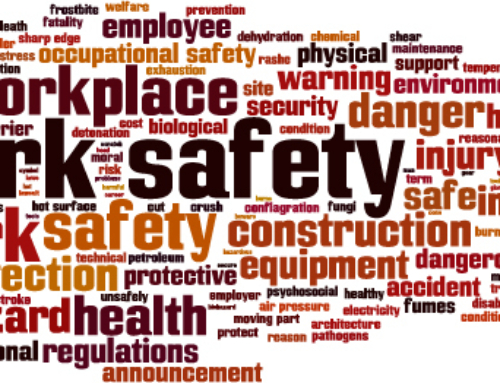As people near the end of their careers, many imagine retirement as the golden reward — a time of freedom, leisure, and personal choice. But for a surprising number of retirees, something unexpected and unsettling creeps in: a lingering sense of being left behind, overlooked, or no longer needed. This feeling has a name — Relevance Deprivation Syndrome — and it’s more common than most employers and employees realise.
What Is Relevance Deprivation Syndrome?
Relevance Deprivation Syndrome is the emotional and psychological impact of no longer being seen as essential, influential, or useful — particularly after a long and meaningful career. It often shows up subtly: a reduced sense of purpose, disconnection from professional networks, or even a dip in confidence and identity.
While not a clinical diagnosis, it’s a real and relatable experience, especially for high-performing individuals whose self-worth is tied closely to their work. And it doesn’t just affect individuals — organisations can lose valuable knowledge, mentoring capacity, and continuity when senior people quietly fade away instead of transitioning out with clarity and impact.
Why It Matters — Especially for HR
HR professionals have a unique opportunity — and responsibility — to reshape the retirement conversation. Supporting employees through this phase of life is not just about superannuation statements or farewell morning teas. It’s about helping people step into their next chapter with confidence, direction, and a new sense of relevance.
With growing cohorts of employees approaching retirement age, the cost of ignoring this transition is twofold:
- For individuals: loss of identity, wellbeing challenges, and regret.
- For organisations: loss of corporate memory, underutilised talent, and a missed opportunity for powerful alumni engagement.
How to Avoid Relevance Deprivation Syndrome
Here are five steps that individuals — and the organisations supporting them — can take to reduce the risk:
- Start the conversation early
Don’t wait until the final year before retirement. Mid-career is the ideal time to start exploring future pathways. HR can normalise these conversations by offering support programs well before the end of tenure. - Reconnect with purpose
What drives you beyond work? People who transition well have already started rediscovering the passions and values that fuel them — volunteering, mentoring, travel, education, or even part-time work in a new field. - Transfer knowledge and legacy
There’s often immense pride and value in passing on what you know. Consider mentoring, guest speaking, or supporting internal capability-building projects. Organisations benefit too, retaining critical know-how. - Invest in relationships
Many derive their social identity from work. It’s crucial to nurture relationships outside the office — family, friends, community networks — and begin testing how those will support you post-career. - Get structured support
Transitioning well takes more than good intentions. That’s where targeted programs like Changing Gears come in.
The Changing Gears Approach
Changing Gears: Transition to Retirement Workshops provide a structured, reflective, and practical experience for employees approaching retirement. Designed to tackle the psychological and social dimensions of retirement — not just the financial — the program invites participants to:
- Explore what gives them purpose beyond work
- Reflect on their identity and values
- Build a transition plan tailored to their lifestyle, aspirations, and health
- Learn strategies to stay connected and engaged post-retirement
Changing Gears isn’t about retirement from work; it’s about retirement to something meaningful.
A Call to Action
To HR leaders: You wouldn’t send someone into a leadership role without training and support — so why treat retirement any differently?
Your organisation likely has a wealth of talent preparing to step back — but they don’t have to step out. Done well, the transition to retirement can be a powerful capstone for careers and a source of strength for your workforce culture.
To those nearing retirement: Start now. Stay curious. Build something new. You’re not becoming irrelevant — you’re simply changing gears.
Let’s make retirement a launchpad, not a dead end.














Leave A Comment